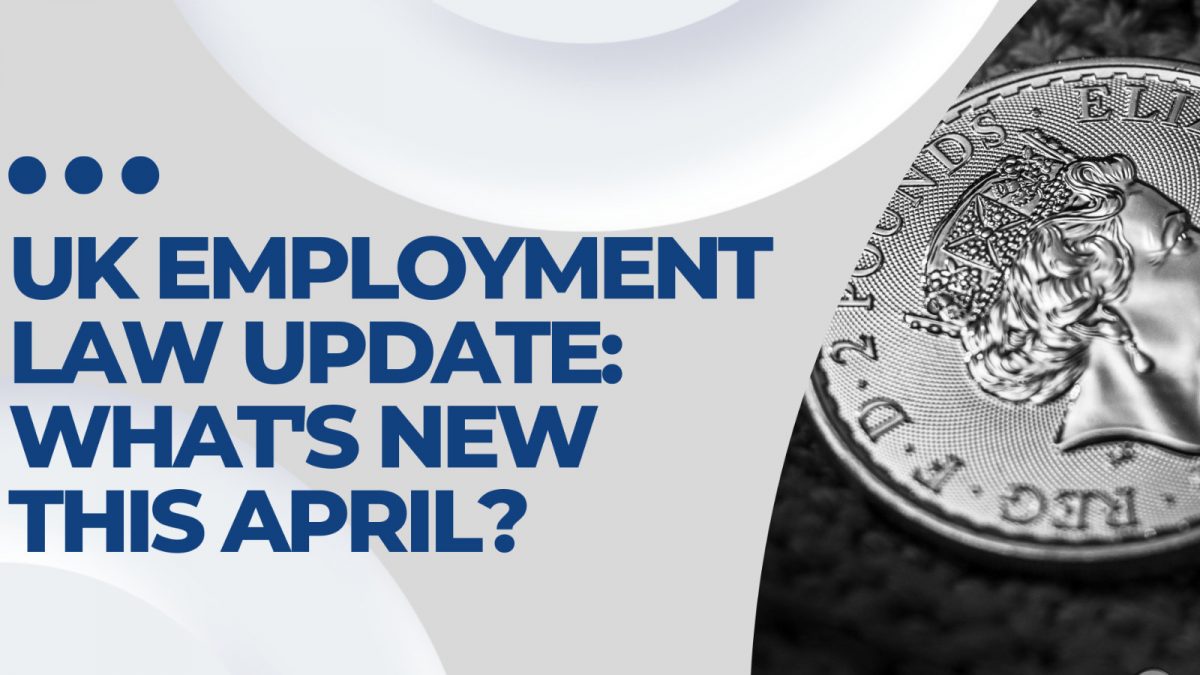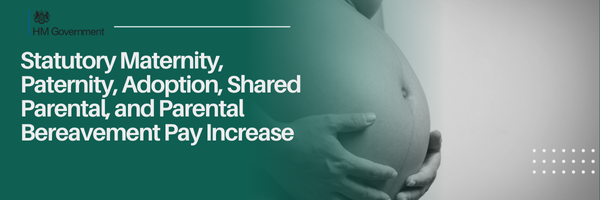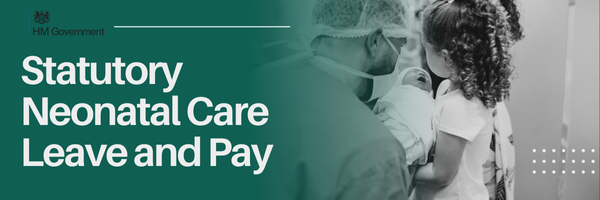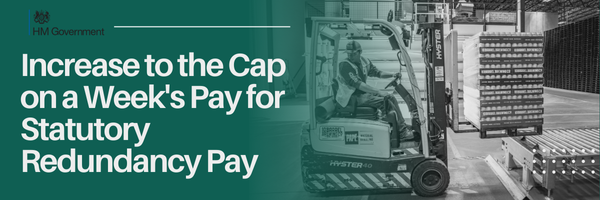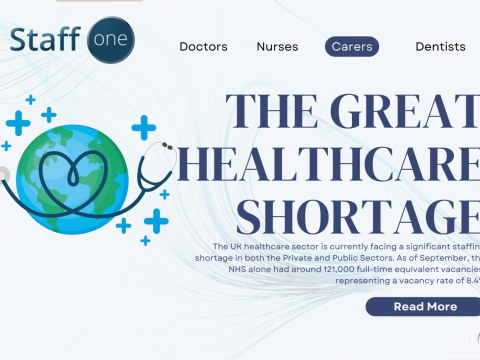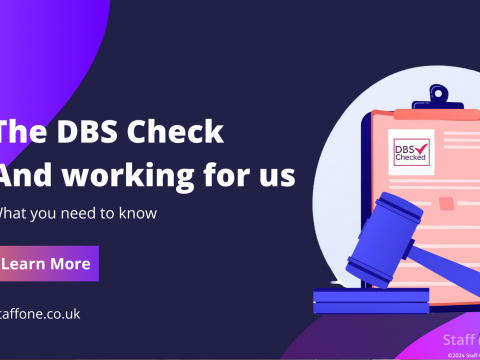- Contact us:
- 03300 535 600
- hello@staffone.co.uk
Spring has sprung, and so have some significant updates to UK employment law! As of April 2025, both employees and employers need to be aware of several key changes impacting everything from minimum wage to new rights for parents. Today we’re looking at the ten most important updates you need to know to ensure compliance and understand your rights in the evolving workplace.
National Living Wage Increase (Age 21+): Increased to £12.21 per hour (from £11.44). The minimum hourly rate most workers over 21 must legally be paid has increased. This means more money in the pockets of many adult workers.
National Minimum Wage Increases (Under 21): Minimum Wage Rises for Younger Workers Too. In simple terms, It’s not just the over-21s! The minimum pay rates for younger workers (18-20) and those aged 16-17, as well as apprentices, have also seen a significant jump. This helps younger people earn more for their work. Significant increases to the rates for 18-20 year olds (£10.00), 16-17 year olds and apprentices (£7.55).
Statutory Sick Pay (SSP) Increase: Increased to £118.75 per week (from £116.75), with a new lower earnings limit of £125 per week. Sick Pay Gets a Little Higher: If you’re off work sick and eligible for statutory sick pay, the amount you can receive per week has gone up slightly. There’s also a slightly higher minimum amount you need to earn to qualify.
Statutory Maternity, Paternity, Adoption, Shared Parental, and Parental Bereavement Pay Increase: Increased to £187.18 per week (from £184.03), with a new lower earnings limit of £125 per week. So it’s more Pay for Maternity, Paternity, and Other Family Leave: If you’re taking time off for things like having a baby (maternity or paternity leave), adopting a child, or shared parental leave, the weekly amount of statutory pay you can receive has increased. The minimum you need to earn to qualify has also gone up a bit.
Statutory Neonatal Care Leave and Pay: A new right for eligible parents to take up to 12 weeks of leave and pay (£187.18 per week for eligible employees) if their baby requires neonatal care. This is a “day one” right for the leave itself. This is a brand new important right! If your newborn baby needs to spend time in specialist hospital care (neonatal care) for a week or more shortly after birth, you now have the right to take extra leave (up to 12 weeks) and, if you meet certain criteria, get paid for some of that time. This is on top of your regular maternity or paternity leave.
Increase to the Cap on a Week’s Pay for Statutory Redundancy Pay: Increased to £719 (from £700). This is a higher Cap for Redundancy Pay. If your job is made redundant and you’re entitled to statutory redundancy pay, the maximum amount that can be used to calculate your payment for each week of service has increased.
Increase to the Maximum Compensatory Award for Unfair Dismissal: Increased to £118,223 (from £115,115). A bigger payout possible for Unfair Dismissal means that if a court or tribunal finds you were unfairly dismissed from your job, the maximum amount of compensation you could potentially receive has gone up.
Increase to the Daily Rate for Statutory Guarantee Pay: Increased to £39 per day (from £38). In simple terms: If your employer can’t give you work for a day (within certain limits), the minimum amount they have to pay you for that day has slightly increased.
Lowering of Employer National Insurance Contributions (NICs) Threshold: The threshold at which employers start paying NICs has significantly decreased to £5,000 per year (from £9,100). This means that Employers start paying more National Insurance sooner. Businesses will now start paying National Insurance contributions on their employees’ earnings at a much lower annual salary level. This means a potential increase in employment costs for many businesses.
Increase to the Employment Allowance: Increased to £10,500 (from £5,000), offering more NICs relief for eligible employers. This means More Help for Businesses with National Insurance Costs: The Employment Allowance, which helps some businesses reduce their National Insurance bill, has significantly increased. This is intended to help offset the impact of the lower threshold for paying NICs, especially for smaller companies.

